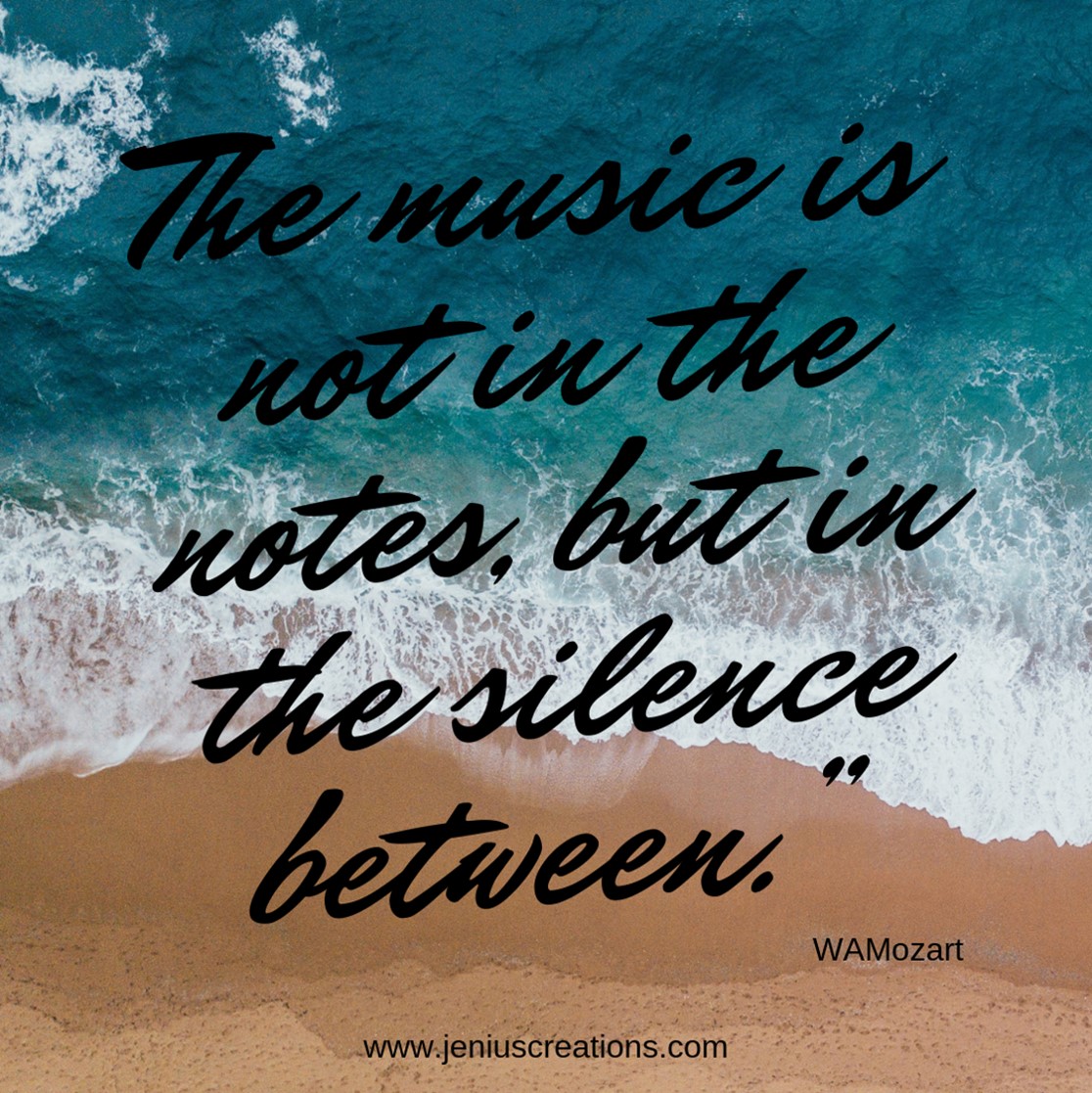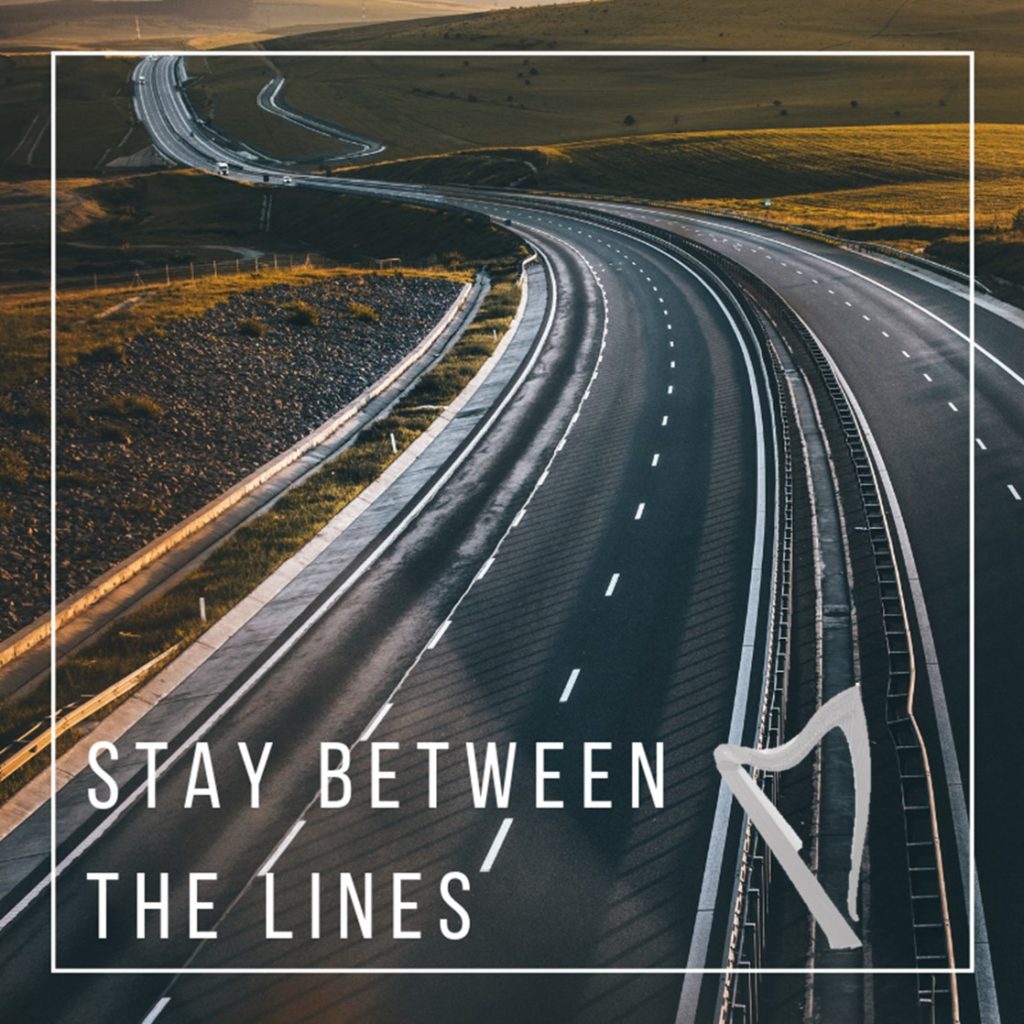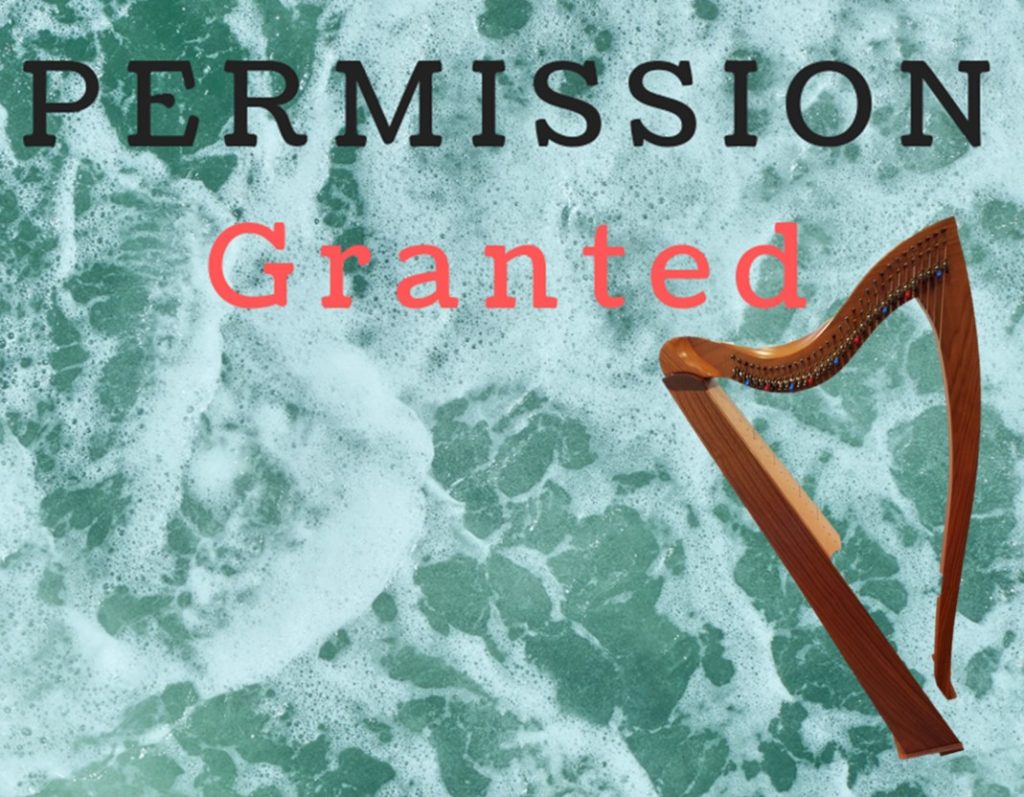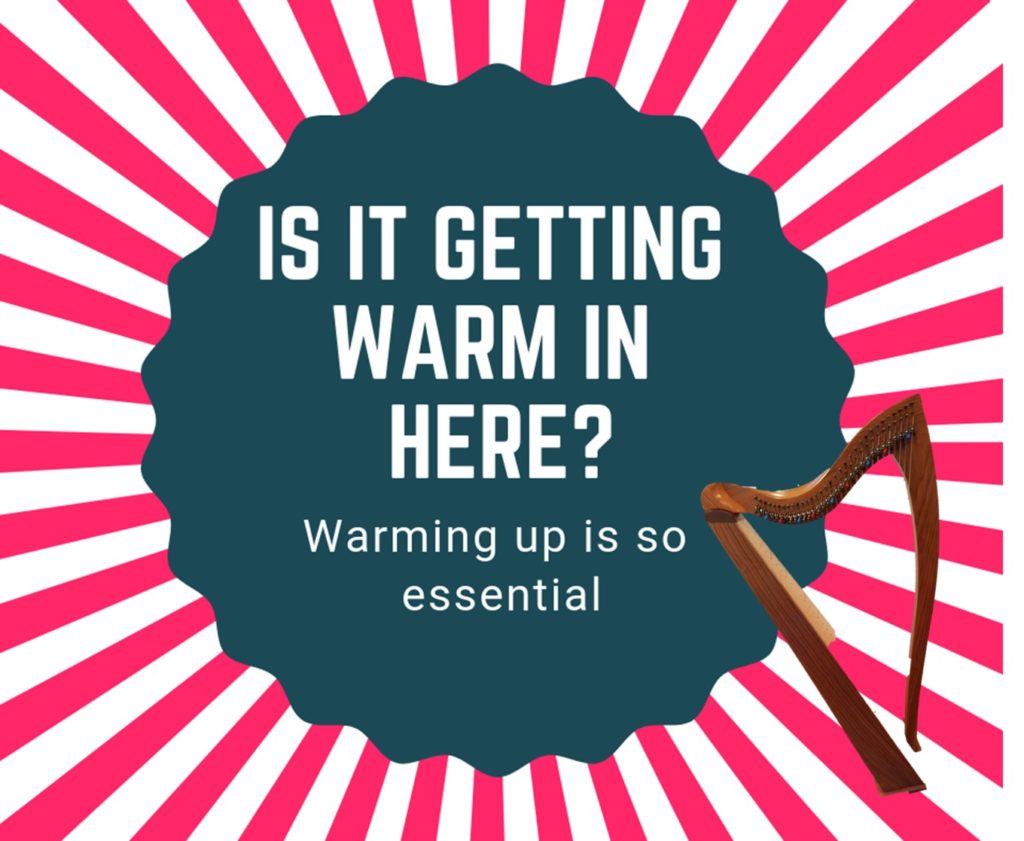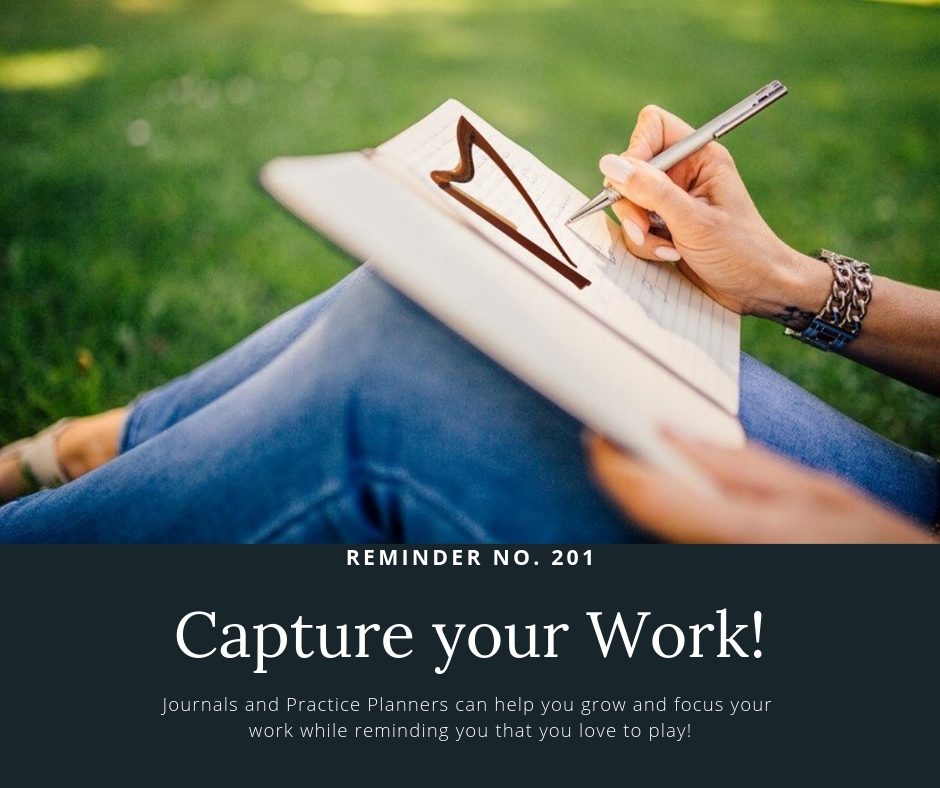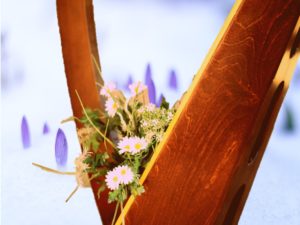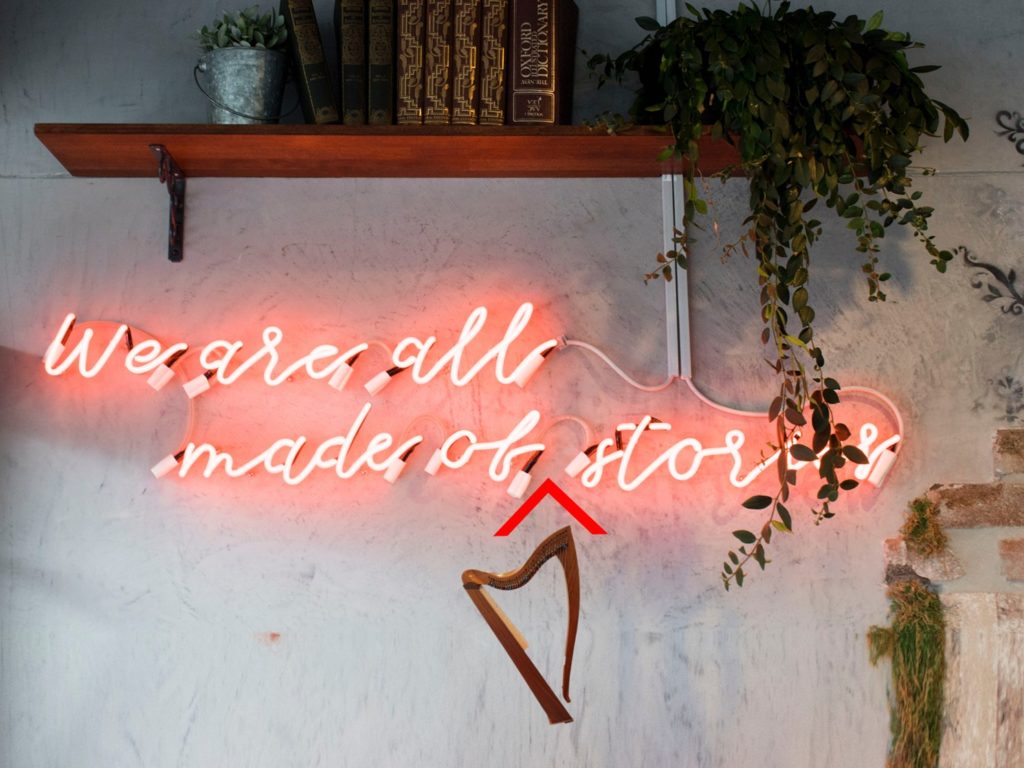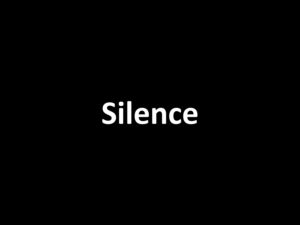There are so many things to do in the summer! And so many of them occur at the same time that you probably need to do a little calendar management, just so you can get to as many events as possible.
I’m excited to be thinking about all the fun things on offer this summer – especially the ones I’ll be participating in. I hope you’ll look this over and consider joining me for at least one of them!
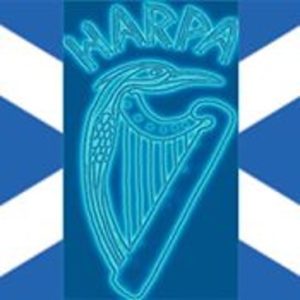 If you’re not already signed up, you don’t have much time – we start next week, 7 – 15 May. (OK, if you seriously want to go to this, please email me immediately, because, we’re already leaving!). If you can’t turn on that thin a dime (which would be almost everyone on the earth), you might want to start planning to come on the 2020 Harp the Highlands and Islands trip (more on that soon).
If you’re not already signed up, you don’t have much time – we start next week, 7 – 15 May. (OK, if you seriously want to go to this, please email me immediately, because, we’re already leaving!). If you can’t turn on that thin a dime (which would be almost everyone on the earth), you might want to start planning to come on the 2020 Harp the Highlands and Islands trip (more on that soon).
PS – watch my Facebook page and the Harpa FB page – I know we’ll post lots of fun photos while we’re in Scotland!
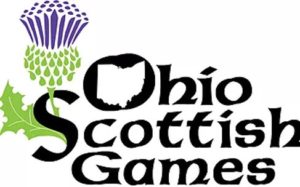 Stolen directly from the Games website: OSG will be held June 22, 2019 and there will be loads to see and do…but why would you when you’ll want to get there early and be at the Harp Competition all day long!?!?!
Stolen directly from the Games website: OSG will be held June 22, 2019 and there will be loads to see and do…but why would you when you’ll want to get there early and be at the Harp Competition all day long!?!?!
This games was established in 1977, and is presented by members of The Ohio Scottish American Cultural Society of Ohio, an organization dedicated to the preservation and promotion of their proud Scottish Heritage and ancestry. OSG highlights traditional dance, music and athletics of the ancient highland games.
And this year, Ohio is hosting the US National Scottish Harp Championship TM and I’m so excited to be one of the judges. If you’ve never been, it’s worth coming out – hear the train, meet new (to you) harpers. It’s a tradition! They also have all the other cool festival stuff like food, athletics, pipe bands, classic cars, and loads of vendors. But you won’t care if you miss that – because you’ll be at the Harp Competition! Go to https://www.ohioscottishgames.com/competitions for more details.
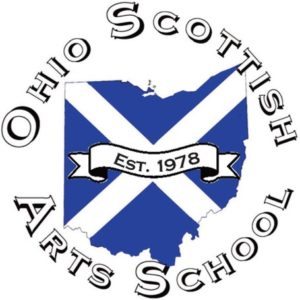 Once you’ve been dazzled by the competition (or delighted by your performance in the competition), you can head right over to OSAS. I’m so looking forward to teaching this summer. OSAS is celebrating 41 years of educating artists in the traditional music and dance of Scotland.
Once you’ve been dazzled by the competition (or delighted by your performance in the competition), you can head right over to OSAS. I’m so looking forward to teaching this summer. OSAS is celebrating 41 years of educating artists in the traditional music and dance of Scotland.
Again, shamelessly stolen from the website: The Scottish Harp classes will focus on basic harp technique for beginners and intermediates. repertoire at all levels, including tunes for competition sets, and Scottish style, including ornaments, lilt, and dance types. We will study Scottish dance music, airs, and songs, focusing on ornamentation, Scottish style, accompaniment, and learning by ear. Afternoons will include lectures, practice time, and playing in sessions. Classes will be available for beginners who have played for a few months, intermediates, and advanced players. And we’ll have a delightful Tea presented by Ringgold Harp Ensemble, a highlight!
I’m so excited to be teaching with the incomparable Sue Richards as well as the stunning and delightful Rachels – Rachel Hair and Rachel Clemente (an OSAS alum!). There is probably no other place you can go to learn so much so quickly and s-t-i-l-l have a great time.
 Somewhere on the Somerset website it says, “Play the Harp better” – and boy oh boy, will you! I am so pleased to have been invited to teach here and will be even more thrilled to teach with Donna Bennett.
Somewhere on the Somerset website it says, “Play the Harp better” – and boy oh boy, will you! I am so pleased to have been invited to teach here and will be even more thrilled to teach with Donna Bennett.
Together Donna and I will deliver the Creativity Tools to Improve Practice & Performance workshop – and we’re building on some previous work teaching skills, tools, and techniques that bring the creativity secret to your music. We’ll show you how to use creativity tools and techniques to practice and play better, arrange more, compose, perform – however you let your creativity out! More Info
And I’ll be teaching a workshop we’ve entitled Sounding Scottish in which you will learn how to make your tunes sound more Scottish. I’m going to leverage all the stuff I’ve learned to date (especially while in Scotland!) to each specific elements and techniques to ensure your tunes sound Scottish. I’ll teach a tune (or two!) to learn and practice all the good juicy stuff that will highlight the tune’s authentic self. More Info
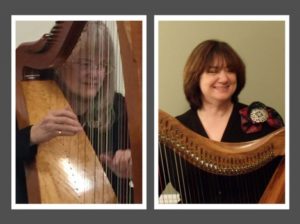 Harp Quest is a great opportunity to teach with my friend Kris Snyder in idyllic southern Pennsylvania.
Harp Quest is a great opportunity to teach with my friend Kris Snyder in idyllic southern Pennsylvania.
We have moved from summer camp to pursuing our Harp Quest. And we are looking forward to this year’s journey! We have so much fun putting it together! As with any Quest, we each have a different journey as we seek to learn what our harp is there to teach us. Plan to join us for our 24th year and a new Journey with our harps – becoming what we’re meant to be.
This year’s Quest will be focused on Planning Ahead. As always, our Quest will remain easily accessible to harpers from anywhere and at any level. Our focus will be a short and intense experience that we will each take with us into the coming months and years – perhaps not fully appreciating what we have learned until much later. But secure in knowing that we will get there – each of us. And we’ll get there together!
The Quest will be August 16, 17, and 18, 2019 and we are looking forward to a very personalized time of sharing and learning. We will have fun, support one another, and work together to get as much from our lever harps as we can get! Because a quest is pretty intense, we will fill up fast, so be sure to get your reservation in.
So you can see that it’s going to be a busy summer – hope you’ll come spend some of it with me! Let me know what you’re planning to do this summer – in the comments below.
